The 2024 UK general election results, held on 4th July, showed significant changes in the political landscape. Keir Starmer led the Labour Party to victory, gaining a majority in the House of Commons.
The election was contested under new constituency boundaries established by the 2023 Periodic Review of Westminster constituencies. In the 2024 UK general election, the Labour Party secured 412 seats, marking a significant victory and forming a majority in the House of Commons. The Conservative Party won 121 seats, experiencing a substantial loss from the previous election. The Scottish National Party (SNP) obtained 9 seats, maintaining its strong presence in Scotland. The Liberal Democrats garnered 71 seats, while other parties collectively won 35 seats. This election result reflected a notable shift in the political landscape, with Labour gaining significant ground under the leadership of Keir Starmer.
Keir Starmer was born on September 2, 1962, in London, England. He grew up in Oxted, Surrey, and attended Reigate Grammar School. Starmer earned his undergraduate degree in law from the University of Leeds in 1985 and a postgraduate degree in civil law from St. Edmund Hall, Oxford. He became a barrister in 1987, focusing on human rights issues and criminal defense. In 2008, he was appointed Director of Public Prosecutions and head of the Crown Prosecution Service, a position he held until 2013. He entered politics in 2015 at the age of 52, becoming the MP for Holborn and St. Pancras, and was elected leader of the Labour Party in 2020.
Keir Starmer's ideology is rooted in social democracy and centrist politics. Initially perceived as being on the left-wing of the Labour Party, he has shifted towards a more centrist stance as party leader. His move towards centrism has gained him a lot of criticism from the left leaning members of his own party and others. He focuses on pragmatic and evidence-based policies, aiming to balance social justice with economic responsibility. Starmer emphasizes the importance of public services, human rights, and addressing inequalities, while also being tough on crime and supportive of business and economic growth.
While he has roots in human rights law and progressive causes, his leadership has focused on uniting the party and broadening its appeal. He aims to address economic inequality, support public services, and promote social justice, balancing traditional Labour values with modern political challenges.
Keir Starmer leads the Labour Party, a center-left political party in the United Kingdom which he has headed since April 2020. The Party is one of the two major political parties in the U.K., traditionally associated with social democracy and democratic socialism.
The Labour Party traditionally represents the working class and advocates for social equality, public ownership of key industries, and welfare state expansion. Under Starmer's leadership, the party has sought to regain credibility and broaden its appeal by distancing itself from the more radical left-wing elements that characterized Jeremy Corbyn's tenure as leader. This includes a strong stance against antisemitism and a focus on mainstream, electable policies.
Under Starmer's leadership, the party aims to rebuild its electoral base and present a credible alternative to the Conservative government.
Starmer's world policy emphasizes a cooperative and multilateral approach to international relations. He supports strong ties with European allies, advocating for a close relationship with the European Union post-Brexit. Starmer is a proponent of human rights and international law, which is reflected in his background as a human rights lawyer. He is committed to tackling global challenges such as climate change and supports the UK's involvement in international organizations like the United Nations and NATO. Starmer also stresses the importance of supporting Ukraine in its conflict with Russia and maintaining a strong stance against authoritarian regime.
Domestically, Keir Starmer's internal policy focuses on revitalizing the UK’s public services, particularly the National Health Service (NHS), education, and social care. He advocates for substantial investment in infrastructure and green energy and ensuring that work pays fairly as part of his economic growth strategy. Starmer is committed to addressing inequality through progressive taxation, social welfare programs and addressing the housing crisis. He also emphasizes law and order, with policies aimed at reducing crime and antisocial behavior. Additionally, his administration focuses on decentralizing power to local governments to foster regional development and address local needs effectively.


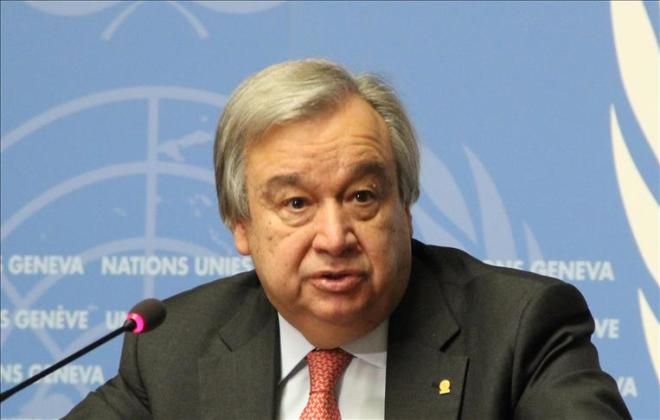








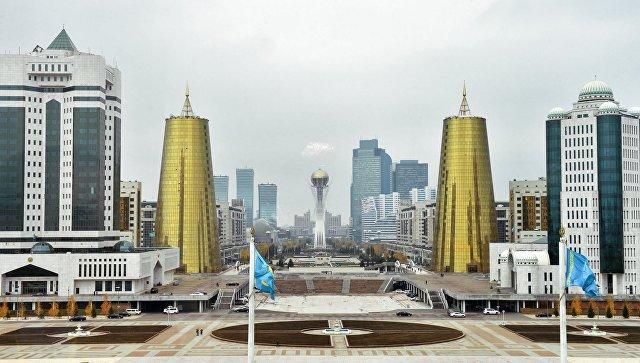






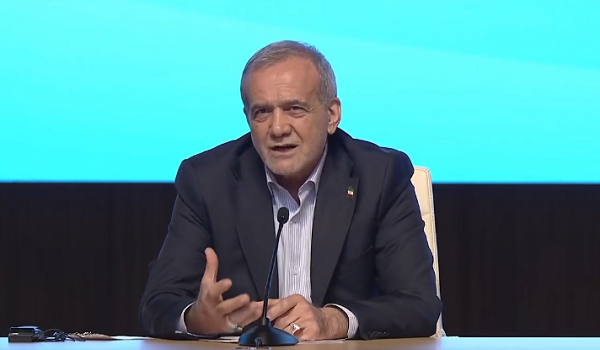
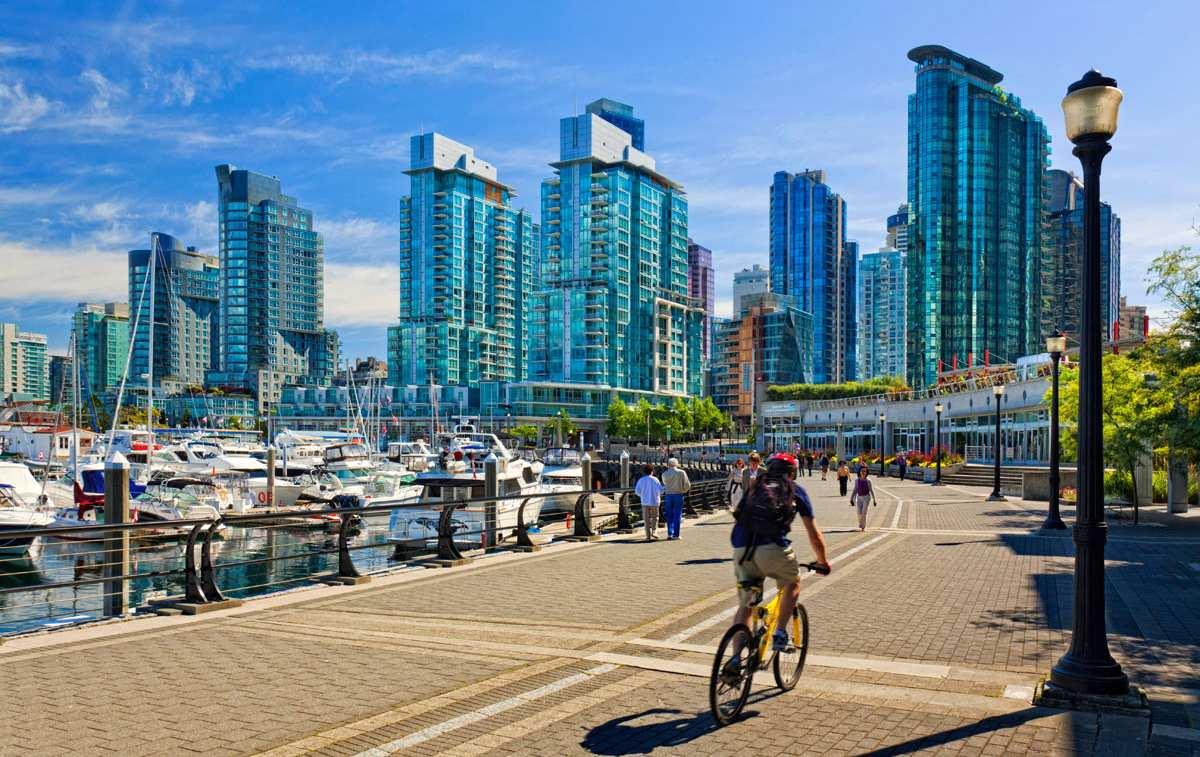


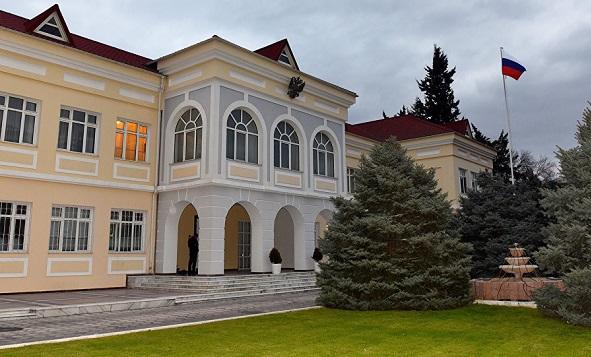
.jpg)

.jpg)


















